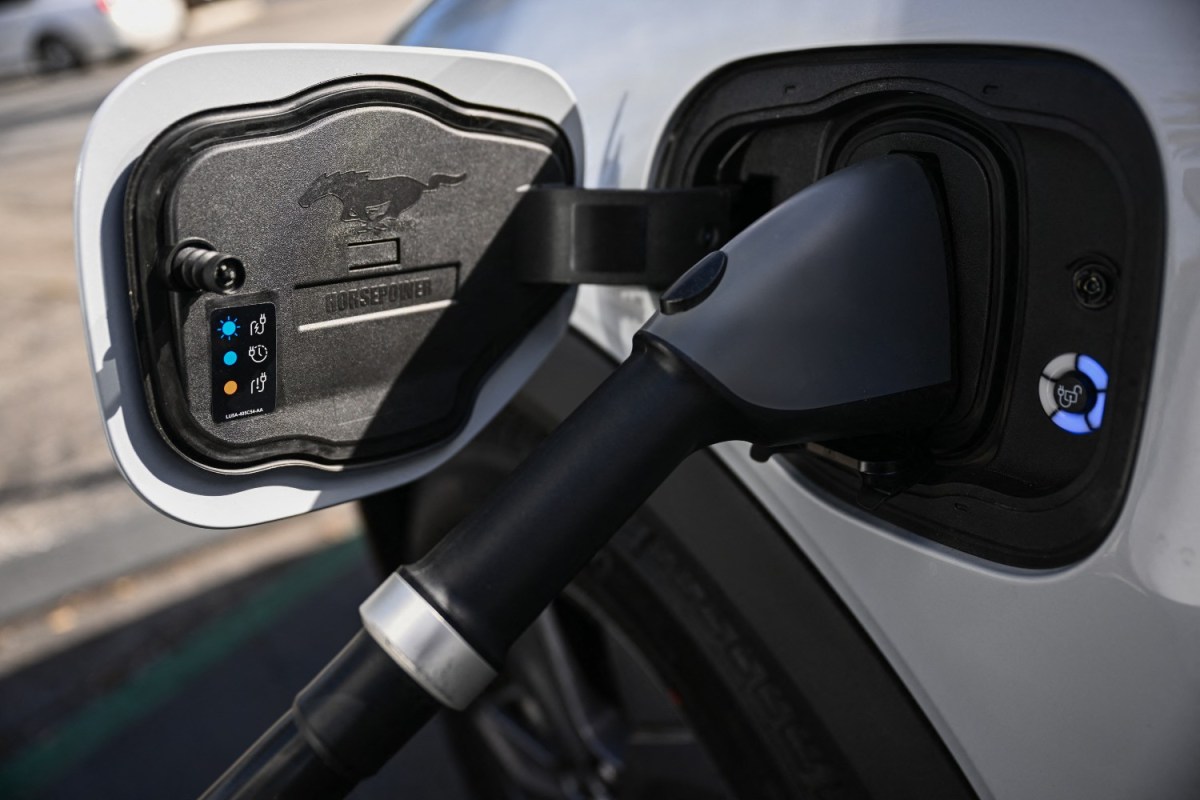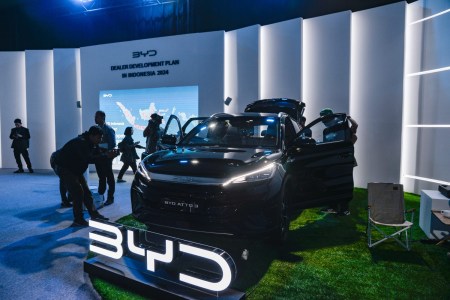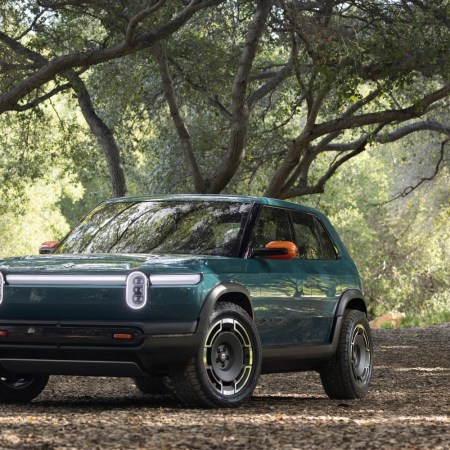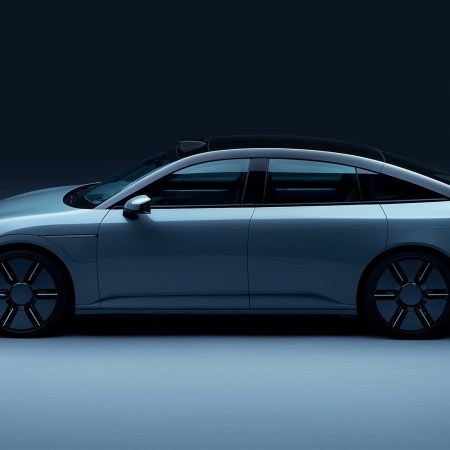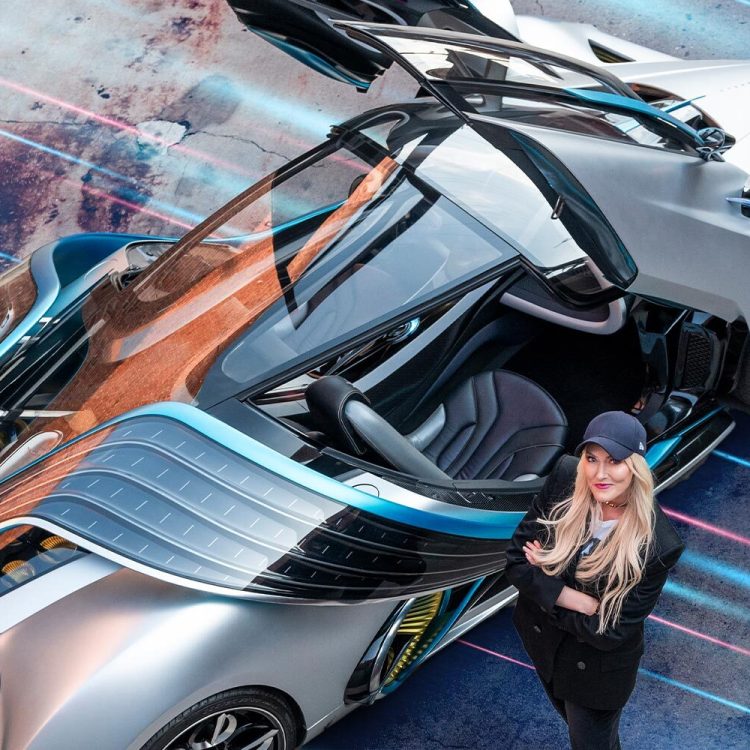This week brought with it the news that Nissan and Honda are exploring a partnership on all things electric vehicle-related. Just one month earlier, it was two other large automakers making a similar announcement — in this case, GM and Ford declaring their own openness to partnerships. As Reuters reported earlier today, Honda and Nissan “are considering a strategic partnership,” which would encompass both electric vehicles and AI technology. Collaborations like these between industry rivals are, for obvious reasons, rare — and yet some of the biggest names in the industry are embracing it, or at least are publicly declaring themselves open to the idea.
What’s behind this industry shift? The answer is very simple: China or, more precisely, China’s EV sector, which is currently running laps around its competitors in terms of both the range of vehicles available and the charging infrastructure to power them. To be fair, the automakers responding to the Chinese EV industry aren’t exactly shy about citing it as the reason for working with their nominal competitors. Last month, Reuters reported that Ford CEO Jim Farley brought up China’s EV growth as a reason why the company was exploring its options. “If you cannot compete fair and square with the Chinese around the world, then 20% to 30% of your revenue is at risk,” Farley said, and pointed to the growing sales of Chinese-made EVs in Mexico’s automotive market.
As Autoblog’s Ronan Glon pointed out in an analysis of Nissan and Honda’s announcement, the two firms declaring their interest in working together doesn’t guarantee anything more will come of it. Glon pointed to a previous Honda-GM collaboration that resulted in the Honda Prologue as one especially high-profile example.
Elon Musk Could Regret Dismissing Chinese EV Manufacturers
BYD’s growth could reshape how we think of EVsWhat future collaborations could mean remains up for discussion. It’s possible we could see something akin to the Volkswagen Group’s MEB+ platform deployed across multiple marques. And it’s worth referring back to Farley’s comments about Mexico’s EV market; clearly, these companies are looking at these questions on an international level. Whether or not multiple automakers working in tandem can address some of the biggest questions around EVs right now — from infrastructure to affordability — might be answered before long.
This article was featured in the InsideHook newsletter. Sign up now.
